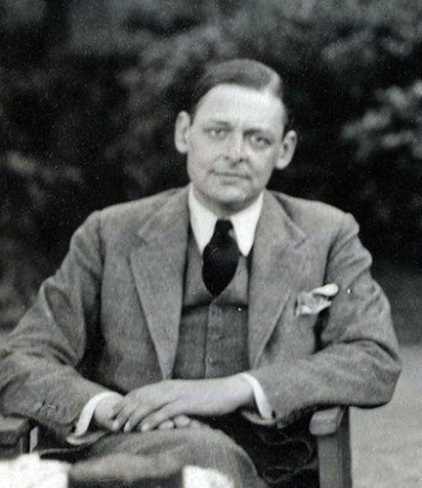First everything is dry
Before the dew and the drops align
Then the rain starts falling down
Then comes the flood
–Ane Brun, “One”
It’s worse than writer’s block because you are writing.
Every day.
You’re in the groove, you have the flow, it’s working, it’s magic, it’s fantastic. Your brain is juggling plot and characters. The Department of Insight is sending regular faxes. The courier from Epiphany, Inc arrives often and cheerfully.
And then after about six weeks of heady romance, the honeymoon ends. You’re still writing, but the creative polarity reverses, what is up comes crashing down. The knocks at the door grow infrequent, the bell no longer tolls for thee, the courier refuses to make eye contact. Until you are sitting in your customary space, hands on the keyboard, immersed in the universe you have created. The fingers are still typing. The words are still coming. And yet you think to yourself, quite matter-of-factly:
This sucks.
 It more than sucks, it is crap. Words piling up on top of words the way clutter accumulates in the home until you look around wondering how you amassed such a sheer amount of meaningless stuff. What the hell are you doing? None of it works. There’s no flow. Hell, you don’t even have a novel here, you just have a series of self-gratifying, fan fiction vignettes. It is tripe. The more you write, the worse it gets. You hate it.
It more than sucks, it is crap. Words piling up on top of words the way clutter accumulates in the home until you look around wondering how you amassed such a sheer amount of meaningless stuff. What the hell are you doing? None of it works. There’s no flow. Hell, you don’t even have a novel here, you just have a series of self-gratifying, fan fiction vignettes. It is tripe. The more you write, the worse it gets. You hate it.
What do you do?
You push through. You breathe through it and come out the other side. Just keep writing. Write the crap. Write in circles. Let it be crappy. Just keep writing. Every day. A thousand words or whatever your quota is. Rearrange a paragraph or spell-check. It all counts.
What is down will go up again. Magnetic fields reverse. Out of the ashes rises the Phoenix, out of the murk lurches Godzilla.
Everything comes from something.



